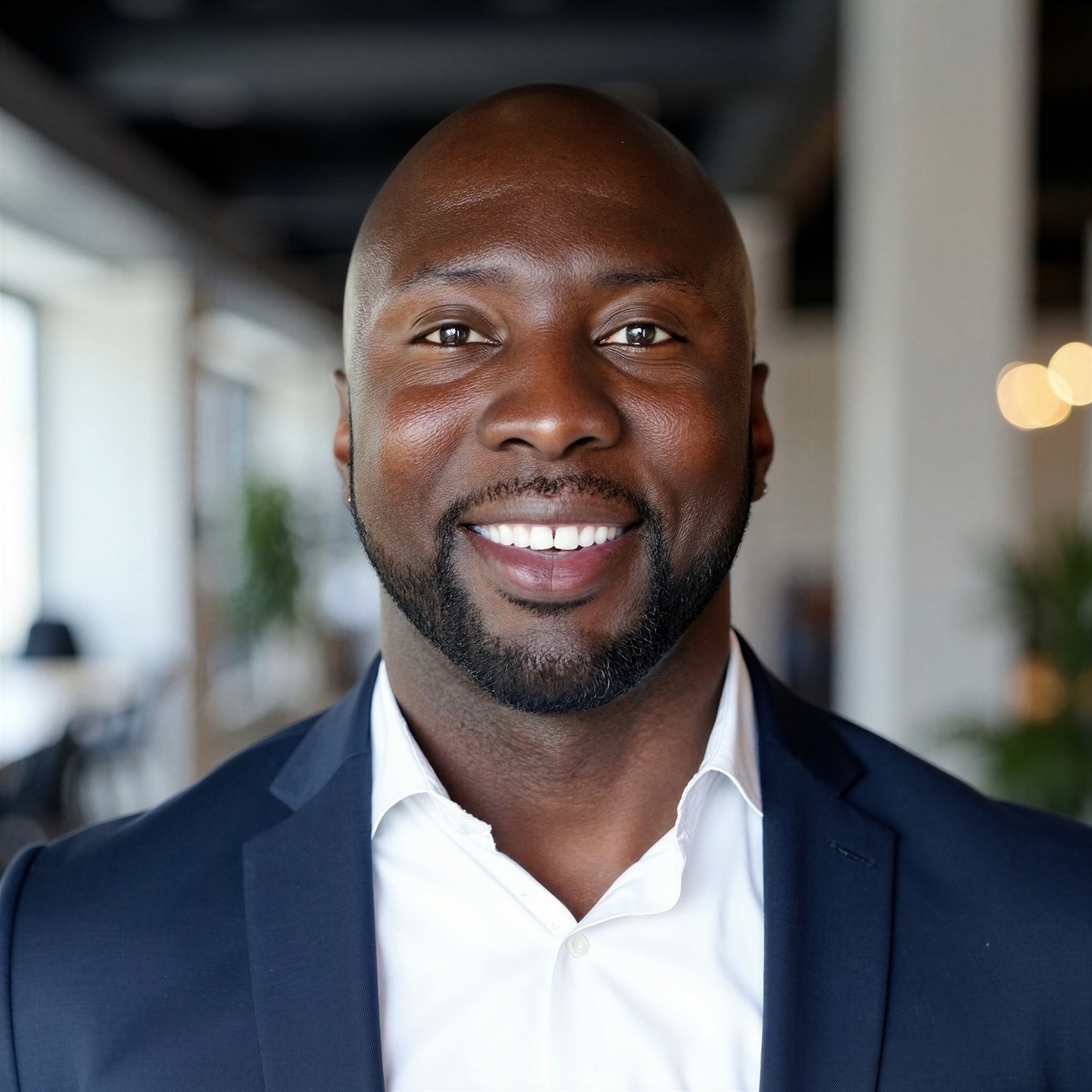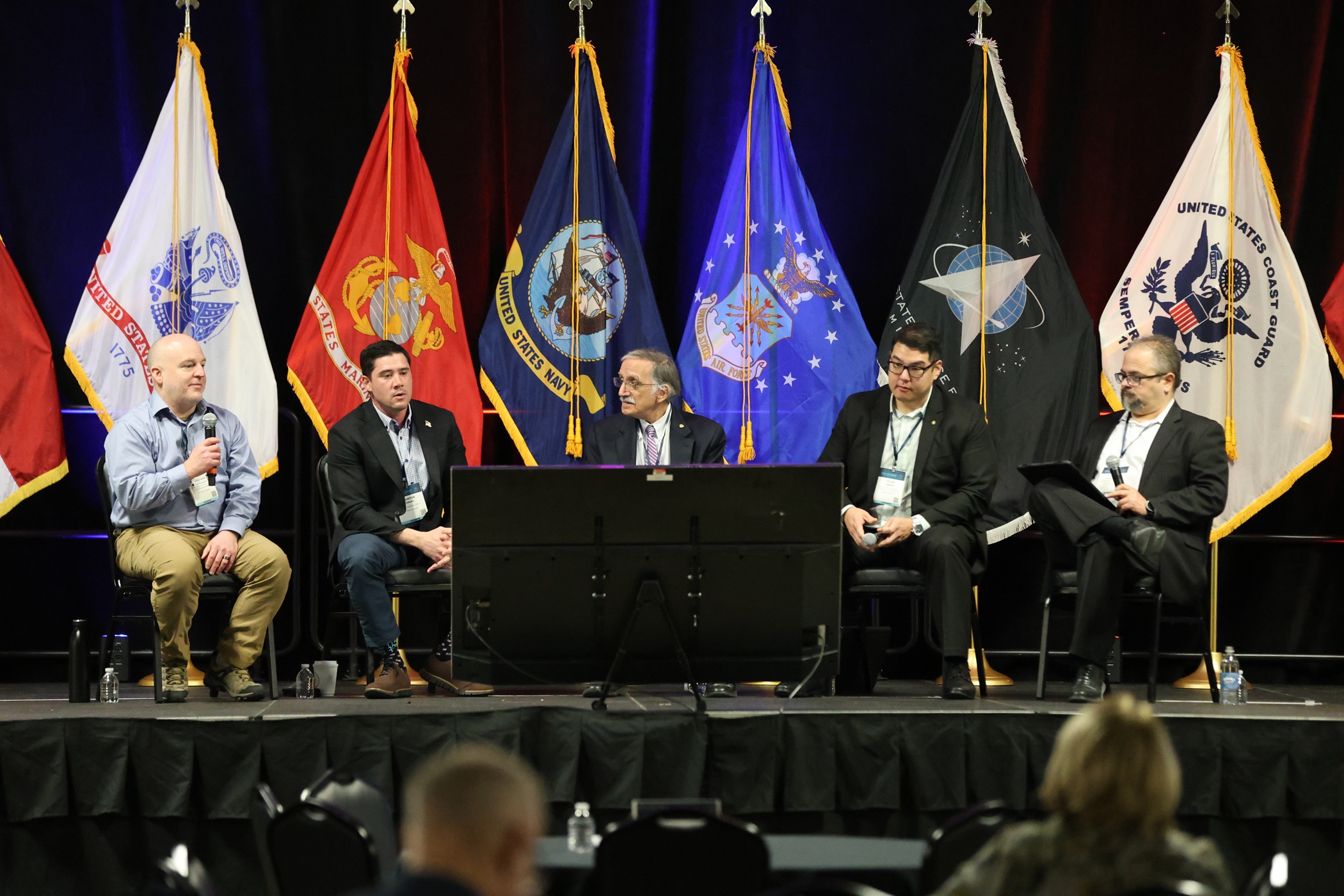Bast Fibre Technologies Inc. (BFT), a manufacturer of premium natural fibers for the global nonwoven and textile industries, announced its agreement to acquire Lumberton Cellulose LLC, a natural fiber processing facility in Robeson County, from Georgia-Pacific Cellulose LLC.
“Acquiring this state-of-the-art natural fiber processing facility and integrating the great team at Lumberton enables BFT to immediately establish North American manufacturing operations to meet the rapidly
growing demand for our sustainable natural fibers,” says BFT Co-founder Noel Hall. “Following our recent acquisition of German-based fiber processor FVT, this is another key step in our long-term strategy of building significant high quality manufacturing capacity for our global customers supporting our core mission of ‘grow local, process local, sell local’.”
The Lumberton facility was originally built in 1968 as a mill that produced pulp for paper applications from cotton. Unlike the paper used for newspapers or copy paper, the material was more durable, creating high-end, permanent products.
That facility operated from 1968 until 2003 when it shut down and all of the production was consolidated in the Memphis, Tennessee location. The company was privately held at the time. In 1993, the company was sold to an investment group. In 1996, it was acquired by Buckeye Technologies, which was part of Procter & Gamble. In 2013, Georgia-Pacific bought all of Buckeye Technologies.
The line that is run today started up in 2001. It is a stable fiber bleaching process. The company purifies cellulose fibers. The cotton fibers are primarily produced for the hygiene markets. Baby wipes, diaper layers, cotton balls, cotton swabs, and filtration applications are just a few of the products the fiber is used for.
“The plan is for us to grow in that segment and still use bast fiber, which in this case will be flax as a raw material, and it will also be agricultural hemp fibers. That’s kind of where Bast Fibre Tech comes in because they’re in that market, and they’ve been doing a lot of development work to use those kinds of fibers, those natural fibers, that will replace plastics in many of the non-woven products that are being used around the world today,” Charles Oxendine, the Lumberton Cellulose plant manager, said.
BFT, a cleantech fiber engineering firm, is based in Canada. “We have offices up in Canada and in Greenville, S.C., a facility in Germany, and now one here in Lumberton. We’re what we would call a triple-bottom-line company whose mission is to replace plastics in single-use items like cleaning wipes and baby wipes with plastic free fibers,” said Larisa Harrison, director of corporate communications for Bast Fibre Tech.
She explained that the vast majority of wipes contain plastic, which go into the garbage and then to a landfill.
“We’re looking to replace that with something that goes into the compost instead,” she said.
The mill in Lumberton uses a chemical cleaning and a chemical purification process. The finished product is put in bales and shipped to customers to be made into a finished product.
“Without giving too much confidential information away, I’ll just say that you can go into the local grocery store and you look at all the major brands, and those are our customers,” Oxendine said. “Some of the Fortune 500 companies that you’re familiar with, they make a lot of different products and they utilize these fibers.”
“The same has historically been true for Bast Fibre Tech. The big consumer product companies want to get rid of plastic in their supply chain. Their customers are demanding it, and legislation is pushing it,” Harrison said.
The sustainability factor goes deeper than a cultural demand. It impacts demand and longterm effects on soil.
“Agricultural hemp is a renewable crop – you can plant these crops and grow them in about 100 days and they make great rotation crops as well. In some climates, bast fibers can provide up to two crops in one year. These crops are more drought tolerant than some other locally grown crops. They actually have a good story in soil conditioning since they add nutrients back to the soil. You don’t have to use the same kind of pesticides that you would for some of the other crops grown locally,” Oxendine said.
An industrially compostable product will break down into compost within 180 days, versus a plastic item that could sit in a landfill for thousands of years,” Harrison. “One thing we talk about at BFT is soil-to-soil circularity. We start with a plant that comes from the soil, it improves the soil, you use it, and it can go back to the soil.”
The other positive side to the emphasis on sustainability is that it creates jobs here.
“One of the things we like about this area is that we can draw from local farmers in the Carolinas and process the fiber here,” Harrison said.
Ideally for supply chain and carbon footprint, Harrison explains, is that the company would like to utilize employees within 100-150 miles, but to begin with, the company will utilize people further out as they build up the supply chain. As time goes on, she anticipates that the business will become more localized to utilize more people within the immediate area.
Oxendine said expansion is planned in phases. The plan would be to bring in additional cleaning equipment first; the next phase would be to increase the capacity of bast fiber processing up to a three times volume expansion for the site, adding operators, technical jobs, engineering jobs, chemists, and more.
“This acquisition is a key strategic milestone in our mission to build out significant manufacturing capacity while supporting the vast potential of North American grown hemp and flax”, says BFT President Jim Posa. “Lumberton Cellulose is a top producer of quality fiber and with the current infrastructure and excellent, highly experienced team at Lumberton, we expect to significantly expand the facility’s production capabilities over the next few years. This acquisition will play an integral role in supporting North America’s transition away from plastic and manufactured cellulosic fibers and toward a more sustainable future.”
Posa was recently named the new president and CEO of BFT.
“James has exactly the right kind of experience, passion and skills to lead Bast Fibre Technologies for the next phase of our growth,” said Hall. “This is the right time for James to assume the CEO role at Bast Fibre Technologies. The acquisition of FVT in Germany and most recently Lumberton Cellulose in North Carolina have greatly accelerated our move into large scale commercial production.”
Lumberton Cellulose is currently hiring. To see the job opportunities that are available, search “bft lumberton ops corp” on Indeed.com and set the location search to Lumberton, NC.
“We have a highly automated, state of the art manufacturing facility in Lumberton and an operation in Germany that is producing very high quality products. We provide employees with competitive pay and benefits. And, we think that we have a good thing to offer to society by producing a product that is sustainable and environmentally friendly. Plus, it’s pretty exciting when you think about it — we are one of the very, very few companies in the world currently pursuing this innovative and technically advanced market. We’ve got a good story to tell and we’re in a good position to grow locally and make a positive impact on the local farming community at the same time,” Oxendine said.

Jamel Williams transitioned from active military duty to the civilian workforce in 2018. He entered into the field of real estate with the hope of helping other military personnel find their home, as he knew from firsthand experience the challenge th

rom Concept to Capability panelists (L to R) Dr. Paul Baker principal deputy (A) of the Army Science Division Army Research Office, Klinton Snead, extramural staff director for the Army Research Office, panel moderator Phil Williams, VP of corporate

Photo by Tierra Mallorca / Unsplash Buying a house is not for the weak. This year, my husband and I decided to begin the hunt for a home. When I tell you January was one of the most stressful times in my life, I mean it from the bottom of m